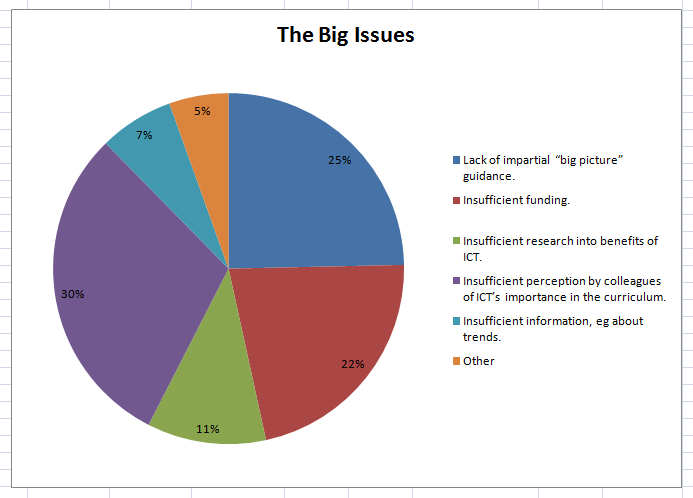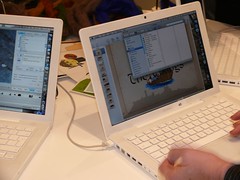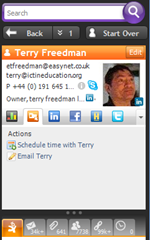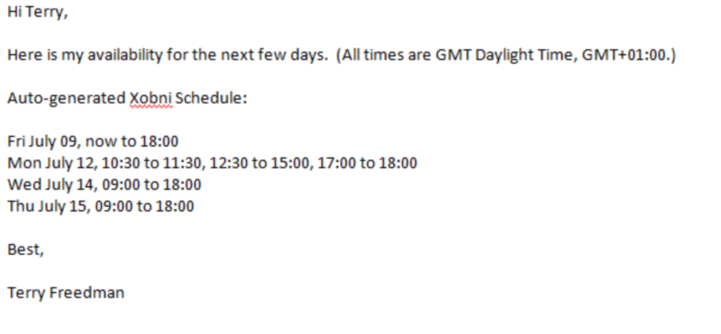It is so unusual to find a young person who not only likes ICT lessons but will actually admit to it, that when I heard that Maddi fell into that category, I just had to ask her to write about it for me. Here’s what she says…
 Maddi
MaddiThe internet, something one could have lived without many, many years ago but now one can really only just last a week without somehow using or coming into contact with it. I hear people say technology such as computers has destroyed society or is killing normal communication. But I consider these comments as naive sniggers, for I believe that anyone who has discovered the incredible uses for the internet would not say such a thing. The web is an extraordinary invention and has given me the chance to communicate with people and civilisations that pen and paper could never offer me.
Last year with video link up, I and three fellow class mates were able to give a presentation to thousands of teachers, students and educators who attended the Flat Classroom Conference in Qatar. This was an unreal experience and it was one of the first times I realised how phenomenal the internet is.
I was also a participant in a large international project which helped me learn that understanding the internet isn't just about learning what buttons to press or how to navigate through it. I learnt how to behave on the web, how to be safe, the manners and language that are appropriate and many other social and cultural aspects of the internet. On the internet you really have to watch what you say because something 'funny' you say could be offensive or misinterpreted by other people. To me, talking to someone face to face is a lot easier and quicker, but I find talking to people over the internet is an adventure in itself. I think it is a great way for school students to make friends.
I guess there is more to ICT than just internet though. I would confidently say that I would use my laptop everyday to type up school work or edit photos. I think one of the reasons ICT is so appealing to me is because you can take something simple like a photo and transform it into something beautiful in seconds, and it is so easy and the programs available today open so many doors for your creative minds to step right into.
I would definitely encourage ICT as a compulsory subject up to at least year 9 because ICT is a subject just waiting to be truly discovered and explored. As I write this I know that the internet is continuing to grow in fabulous ways and I really want people my age to go and explore.
This is a slightly amended version of an article which first appeared in Computers in Classrooms, the free e-newsletter. The next issue is a games-based learning special, and we're running a prize draw to give away 2 marvellous prizes. More on that tomorrow.






![Reblog this post [with Zemanta]](http://img.zemanta.com/reblog_b.png?x-id=8a0c5167-ea8f-430d-ad1d-4cb83ef4a1a1)










